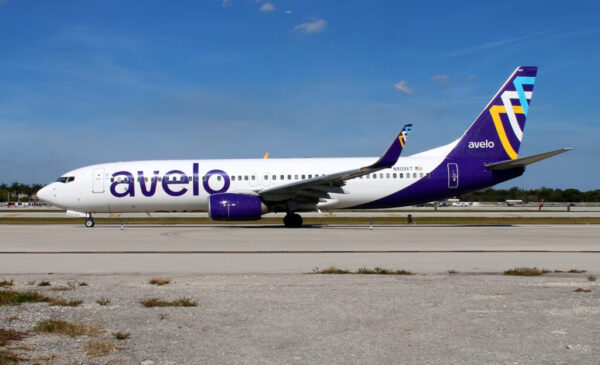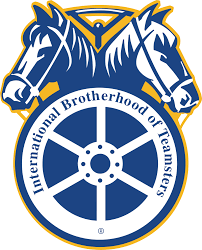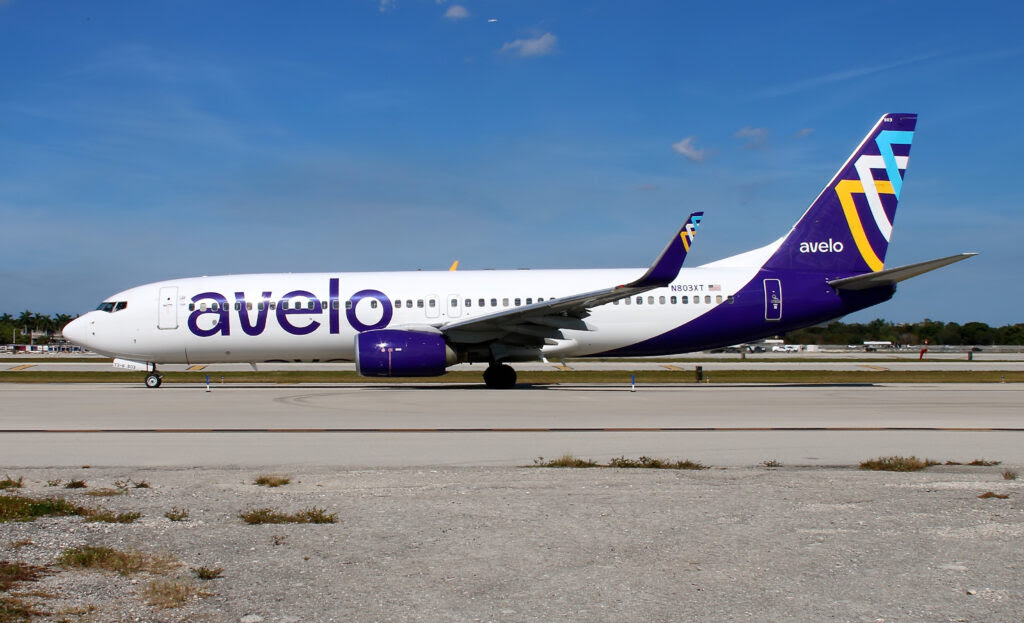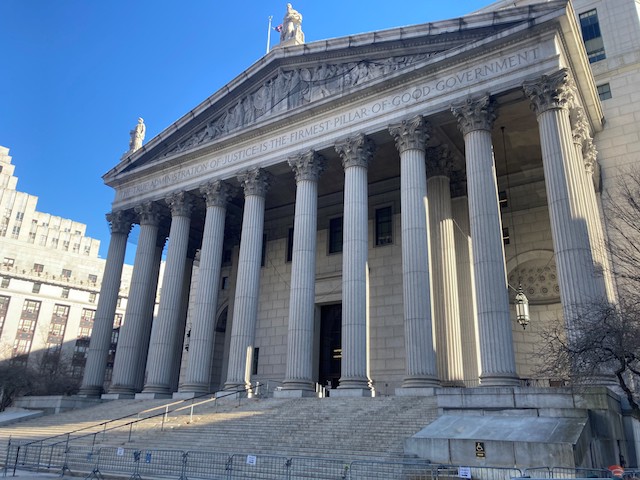LaborPress recently sat down with Dean Devita, president emeritus of the National Conference of Firemen & Oilers (NCFO) to discuss the topic of high-speed rail a new horizon within the U.S. labor movement.
Labor advocates like Devita have heralded the groundbreaking of California’s new Brightline West project between Las Vegas and Los Angeles in April as the beginning of a new era of high-speed rail projects across the country. Devita is very active in these conversations. After stepping down as president at the end of last year, he has continued to serve on the executive committee U.S. High-Speed Rail Coalition and has been a steadfast booster of a plan to build a new 230-mile, high-speed rail link between New York City and Boston.
Devita has a long history of organizing within the rail industry that he brings with him to discussions about the future of high-speed rail. Prior to becoming president of the NCFO, he served as the Director of Commuter/Passenger Railroads. He was also Vice Chairman of the LIRR Labor Council.
This conversation has been edited for brevity and clarity.
LaborPress: What kind of opportunities does high-speed rail provide to expand the Rail division membership for NCFO?
Devita: The labor movement has a history of trying to organize people. But it’s more difficult today than ever before because of the right to work laws. The anti-union segment in a lot of the states in our country. We are not able to organize as successfully as we would like to. Now, the NCFO we have a partnership at 32BJ and SEIU. We’re able to organize some coffee shops. We’ve all organized universities and stuff like that, but with right to work, you might organize a 400-person shop, and only a hundred are paying dues. It’s very difficult. But in the rail industry, it’s a lot more simple because the employees are all basically working in one location and we have a lot of proof why the new employees in the high-speed rail industry will really enjoy the benefits of a union. Because what we bring with the union is railroad retirement and we will negotiate a good healthcare plan. All our railroad members have excellent healthcare plans. It’s a chance for the union to grow, but it’s also a chance for the pension system and railroad retirement to grow. And more importantly, it’s a chance for our country to advance in our transportation system.
LaborPress: Obviously the Inflation Reduction Act plays a major role in pushing forward some of these rail developments. The one that’s broken ground so far is the Brightline West project between Los Angeles and Las Vegas. I’m wondering what that project means for NCFO members?
Devita: This is the best possible project you could have thought of in our country right now, because it’s going to be a pretty easy build. And what I mean by that is you’re not moving highways or buildings, you’re not going underground. You’re going from Los Angeles right through the desert to Las Vegas. What it’s going to mean is the NCFO with Brightline is going to have members who are gonna be earning a solid wage, solid benefits and a solid retirement system. And back to what’s really more important — what is it gonna do for our economy? Anytime they build a railroad station somewhere where you’re gonna end up getting apartment buildings built, doctor’s offices built, you’re gonna get large corporations building, office parks. But more importantly, and this is the backbone of our country, is you’re gonna get small businesses. You’re going to get the deli guy, the diner guy, the pizza guy, the dry cleaning. So this just brings more than jobs to the NCFO. It brings a different type of lifestyle. Some of our members could be living in these new buildings.
LaborPress: In the northeast, the conversation is about this proposed line between New York City and Boston. You’re part of the labor coalition pushing for this. What have you heard about the latest with that project?
Devita: Let’s put it this way: When they build Brightline West, it will be the first true high-speed train in the country going from one state to another. Every city’s gonna realize the benefit that’s gonna bring with the Olympics coming. I wanna go see a show in Vegas, or I wanna go to the Staples Center in Los Angeles. The back and forth for the entertainment business is gonna be incredible for the hotel business is gonna be incredible. And every city’s gonna say, “I want one.” New York to Boston would be a perfect destination for basically the same reason. People in Boston wanna go to a Broadway play. The people in New York might wanna go to Cape Cod. This will be a true high-speed train that will not get mixed up in all the congestion that takes place with the passenger rails right now, mostly in Connecticut. You’d be given those trains some relief by having this high-speed train going from New York City up to Boston through Long Island. To be able to bypass going into the city and driving around making that big loop through Queens and the Bronx — the congestion is incredible. You’d be getting cars off the road and that would help our environment.
The high-speed train is the best friend for our environment. There are so many positive reasons that we should want the system. People who say, “Oh, it costs a lot of money to build the tunnels and everything.” Well, it always costs a lot of money. And maybe we should have done this 70 years ago and it would’ve been cheaper, but we didn’t. Now we’re doing it and we’re gonna pay for it. We have no choice. It would be a really a shot in the arm for our economy in this country.
LaborPress: What explains why the momentum in the U.S. for high-speed rail for the last 10 years has lagged so far behind other countries? You outlined a lot of the advantages. How do you explain the apathy that we’ve had up to now?
Devita: There are a lot of different reasons. The number one reason things are changing is Joe Biden believes in rail transportation. If you go around the world, you realize we have one of the worst rail systems. Generally our politicians don’t like to invest in infrastructure. It’s said our country’s vision is very short. We only think about three to five years. CEOs do this when they try to do budgets, and politicians say “I may not even be around when this high-speed train is running. Why should I back it? It’s not gonna make a difference in an election for me.” They can’t think about my three years or my five years. They gotta start thinking how to be visionaries and thinking about how about 30 years from now, how things are gonna look.
LaborPress: Are there other high-speed rail projects that you have your eye on?
Devita: Yes. There’s one out in Texas that sounds very interesting. They need it badly to get from Houston to Dallas, which I hear is torture, and their population’s growing rapidly. As far as the politics down there, I gotta be honest with you, I never met a train that was a Republican or a Democrat. A train’s a train, and the people from Dallas, if they’re Republicans or Democrats, need to get to Houston. But the key here, is it has to be an experience. When you go to Europe, you get on those high-speed trains. It’s lovely. You enjoy it. That’s what Brightline’s going to build in Vegas to Los Angeles. And they have already done it in Florida. You really enjoy your ride. You know, there was a baseball announcer Vince Scully who said that when they went into the old Penn Station, you felt like a king or a queen but when they redid Penn Station and they put it under Madison Square Garden, you felt like you were a rat climbing up the stairs to get to the streets. And that’s exactly how this new Brightline is gonna be, it’s going to resemble more of the European style. And that’s what we need. These trains have to be the Cadillac of trains, so people can enjoy them Instead of getting squashed on airplanes and waiting a half hour to get off a plane. It would be really beneficial and make people’s lives so much easier.
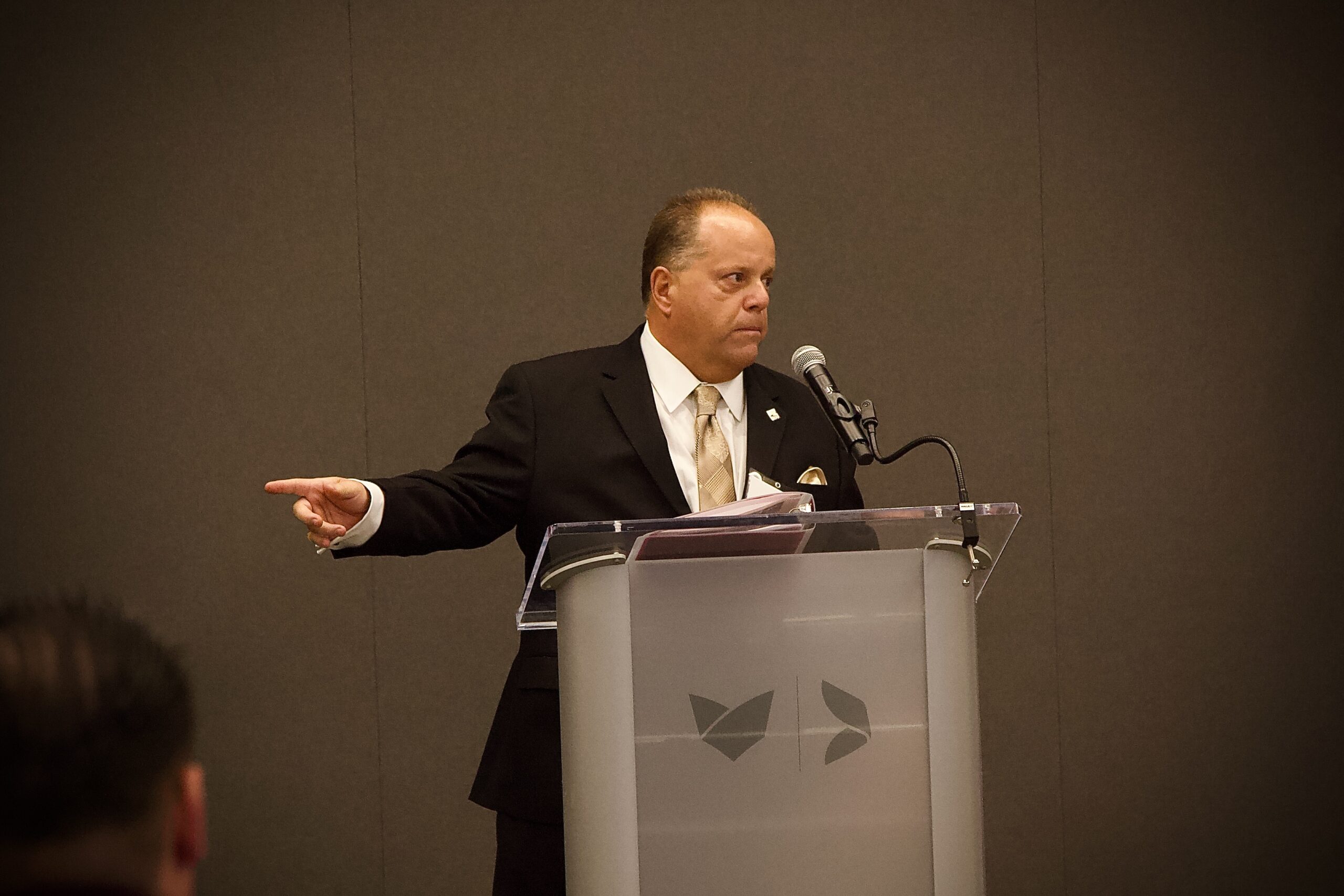
Photo by Max Parrott


